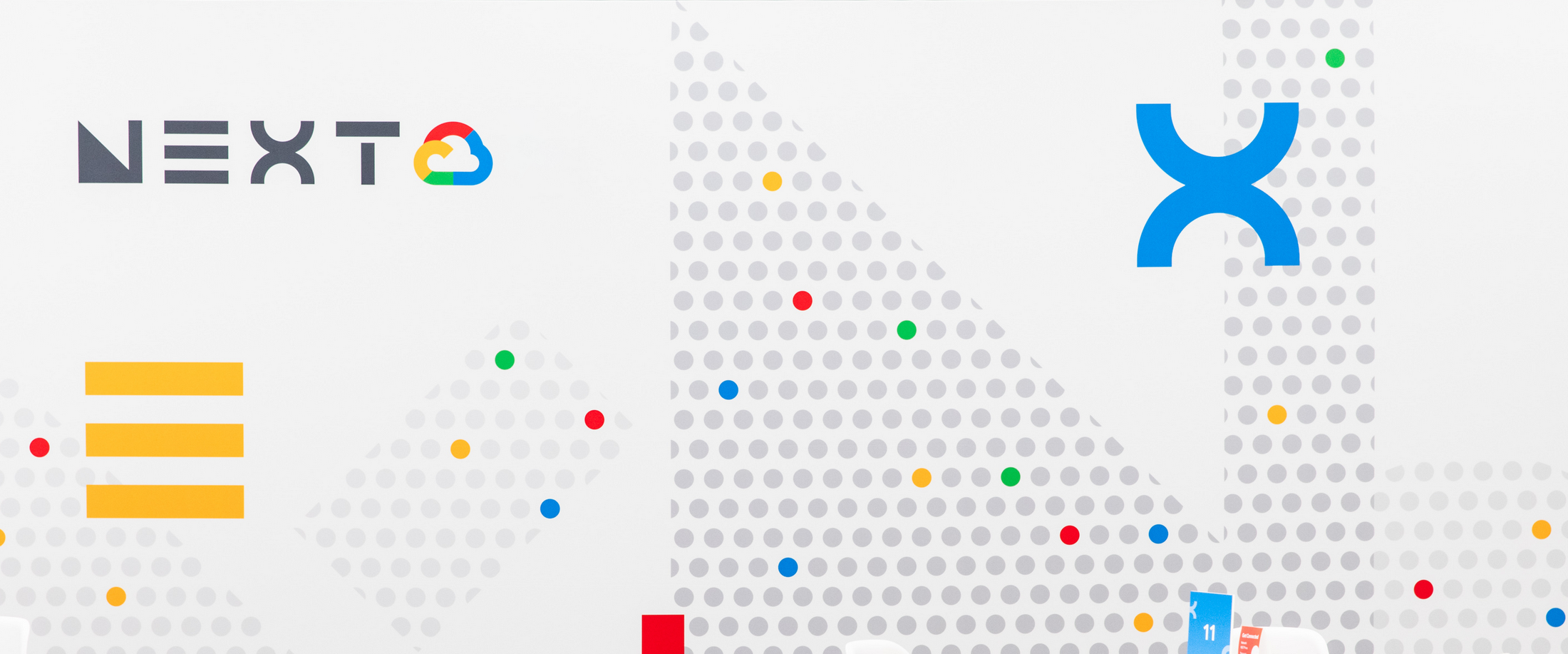The best options for moving your relational database to the cloud
In the big data world the relational database — where data is stored in a traditional row and column table format and programmed in SQL — tends to get second billing to the newer, shinier unstructured data stores like NoSQL and open source solutions like Apache Hadoop and Hive.
This shouldn’t be the case in the cloud though, as vendors like Amazon Web Services (AWS), Microsoft and Google are looking to help businesses modernise their traditional relational databases using their elastic cloud storage and compute capabilities.
As is the general trend, enterprise customers are increasingly comfortable with cloud adoption, specifically the public cloud with the big three providers.
Security and compliance concerns which would have put large, regulated customers off in the past are starting to move core systems and data into the cloud, and that includes relational databases.
Tony Baer, principal analyst at Ovum says that moving a transactional database is probably the last thing an organisation wants to migrate as part of an overarching cloud strategy, but it will have to happen at some stage.
“Not all organisations will be ready to go all-cloud. The other thing you will start to see is the importance of multi-cloud as I don’t think large organisations will want to be solely dependent on a single cloud provider,” he said.
The advantages of using a relational database in the cloud is that it is a familiar, and popular format – especially for data analytics – while also accelerating the business by leveraging the cloud to bring down cost and increase speed and scalability. This allows businesses to get the most out of existing licenses with, say, Oracle, while also advancing a cloud strategy.
As cloud storage is cheap, organisations willing to move their database to the cloud can take advantage of multiple replication for backups, six at minimum with most providers, to get much improved failover.
Then there is the advantage of not having to manage and administer your own database as the cloud providers offer database-as-a-service (DaaS).







